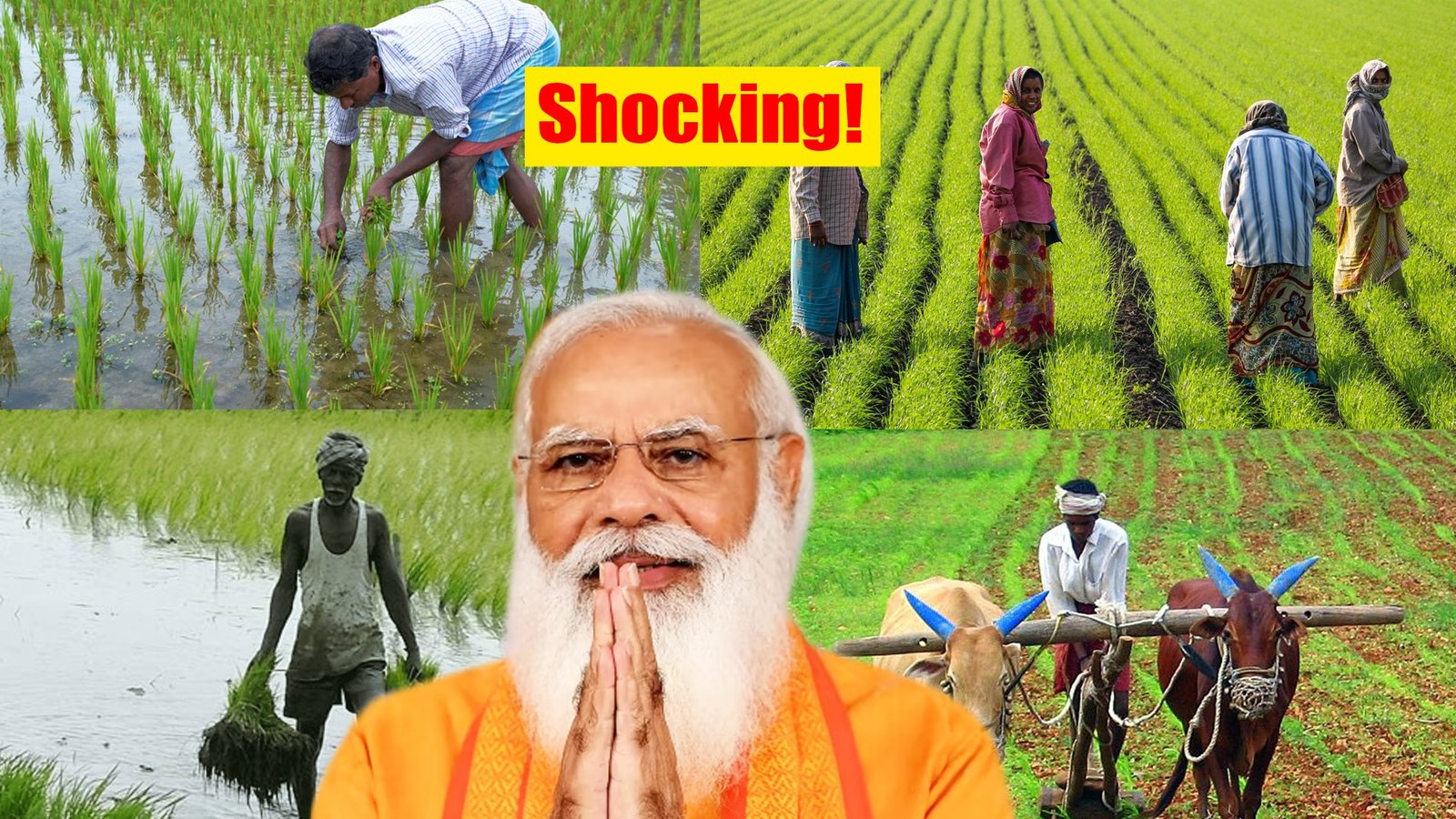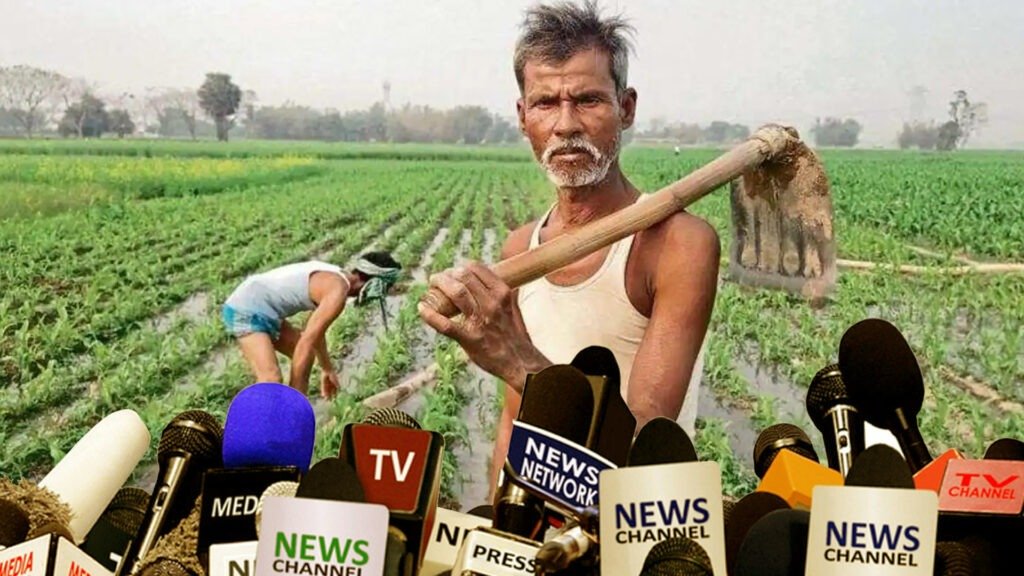
The Concept of MSP and Its Importance
Impact of MSP on Indian economy plays one of the most important aspects of farming in India .It ensures farmers to get fair price for crops. MSP seeks to safeguard farmer’s financial security and defend their interests. The Indian economy is affected by this policy in both positive and negative ways. On the one hand, MSP gives farmers confidence, motivating them to make investments in crop production and enhancing food security. Just like Maximum Retail Price (MRP) protects buyers, MSP protects farmers from being cheated. With the impact of MSP on Indian economy farmers get maximum prices for their crops. They don’t have to sell crops for very low prices. This protects their income and livelihood. Impact of MSP on Indian economy also ensures India has enough food. Farmers can earn well and keep growing food for everyone.
What does MSP mean?
(Minimum Support Price) MSP is the price at which the government buys crops from farmers. Right now, the way MSP is calculated looks at some costs like labor and bills. But experts like Abhijit Sen say this method does not show the real cost of farming. They want the cost of things like land and machines to be included when deciding MSP. This way, MSP will better cover what farmers truly spend on growing crops.
Exploring the Various Aspects of MSP Impact on Indian economy
Let’s look at how farming works in India. In Haryana, people grew millet. We studied what happens in different situations. When farmers rent land and hire workers, they lose around ₹20,000 per acre. But when farmers use their own land and work themselves, they make around ₹34,000 per acre.
This shows that farming can be very hard. Renting land and paying workers makes it really tough to make money. But owning the land helps a lot. Farmers working their own fields can earn good profits. So farming needs careful planning to be a good business.
The Impact of Farm Laws on Farmers
Three new farming rules caused a lot of unhappiness among farmers in India. These rules were seen as helping big companies instead of farmers. The rules also made it harder for farmers to get fair prices for their crops.
The new farming rules let big companies buy and sell crops however they wanted. They could also set up their own markets for crops. This made things unfair for farmers. It meant that big companies could take advantage of the farmers.
The Role of Media and Government in Addressing Farmer’s Concerns
The media shapes how the public thinks about farmers. But it seems like news about rural India and farmer problems is missing. During the last farmer protest, the big news shows didn’t talk much about farmers struggling or needing better prices. That’s unfair. It hides the real issues farmers face.
Also, the government hasn’t responded well to farmers’ demands and protests. Banning social media accounts and stopping people from supporting farmers raises doubts. It seems to go against free speech and democracy in our country.

The Way Forward: Implementing MSP and Addressing Farmer’s Needs
For uplifting farmers and making sure they are financially steady, giving the MSP (Minimum Support Price) like the Swaminathan Commission said is very important. This means considering the C2 cost of production, helping with expenses after harvesting, and building things like rural storage spaces and grain banks.
Helping farmers become stronger by teaching them and bringing new ideas, like the Swaminathan Commission recommended, matters a lot too. By having farm schools and letting people share knowledge, farmers can use sustainable ways and get better at what they do.
We must understand that MSP isn’t a burden, but fair pay for farmers’ hard work and how they help make sure our country has enough food. By guaranteeing a minimum price for what they grow, we can create a more equal and sustainable system for farming.
Your Opinion Matters
What are your thoughts on MSP and the challenges faced by farmers in India? Do you believe that implementing MSP is necessary for the well-being of farmers? Share your opinions and perspectives in the comments below.
Thank You.
